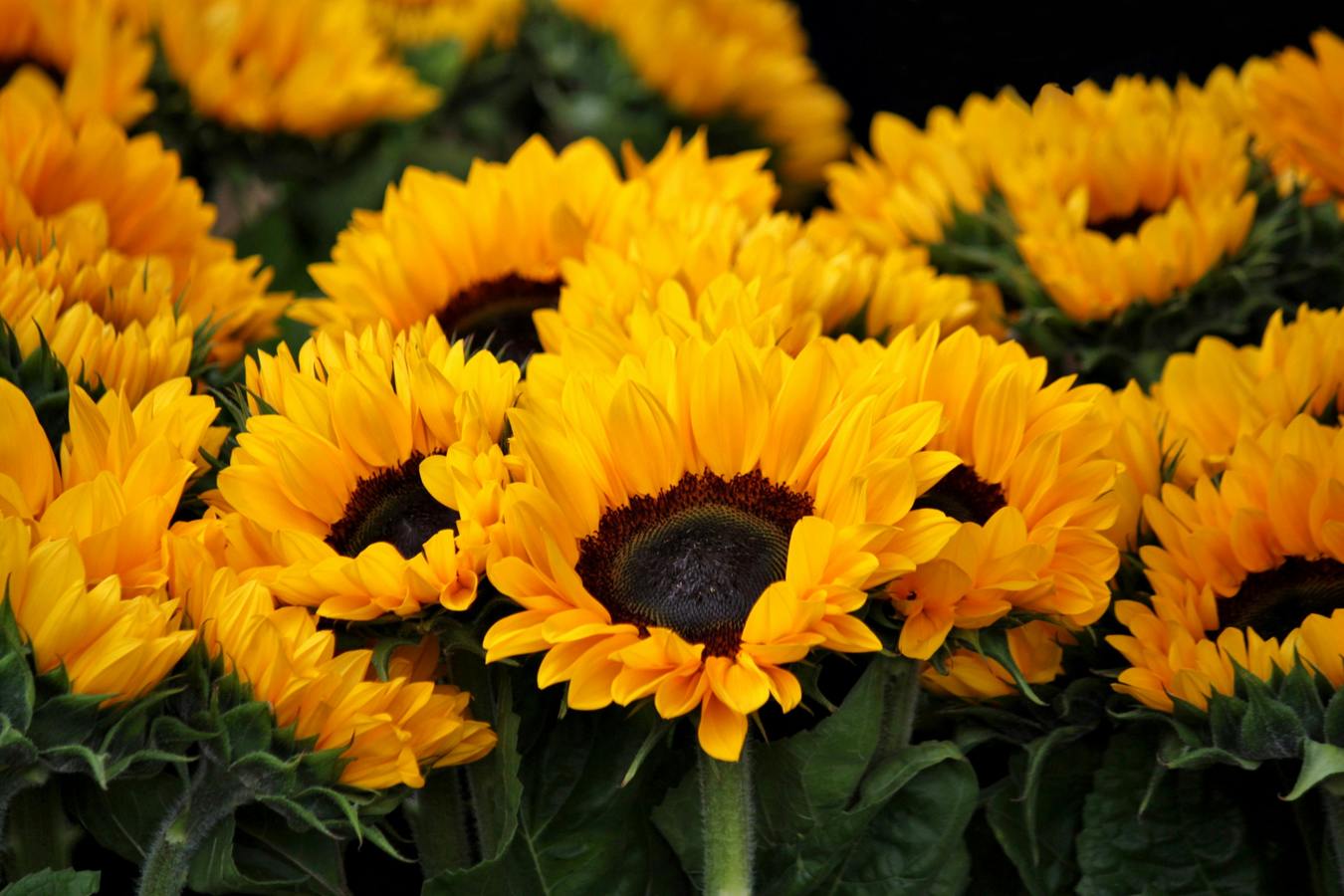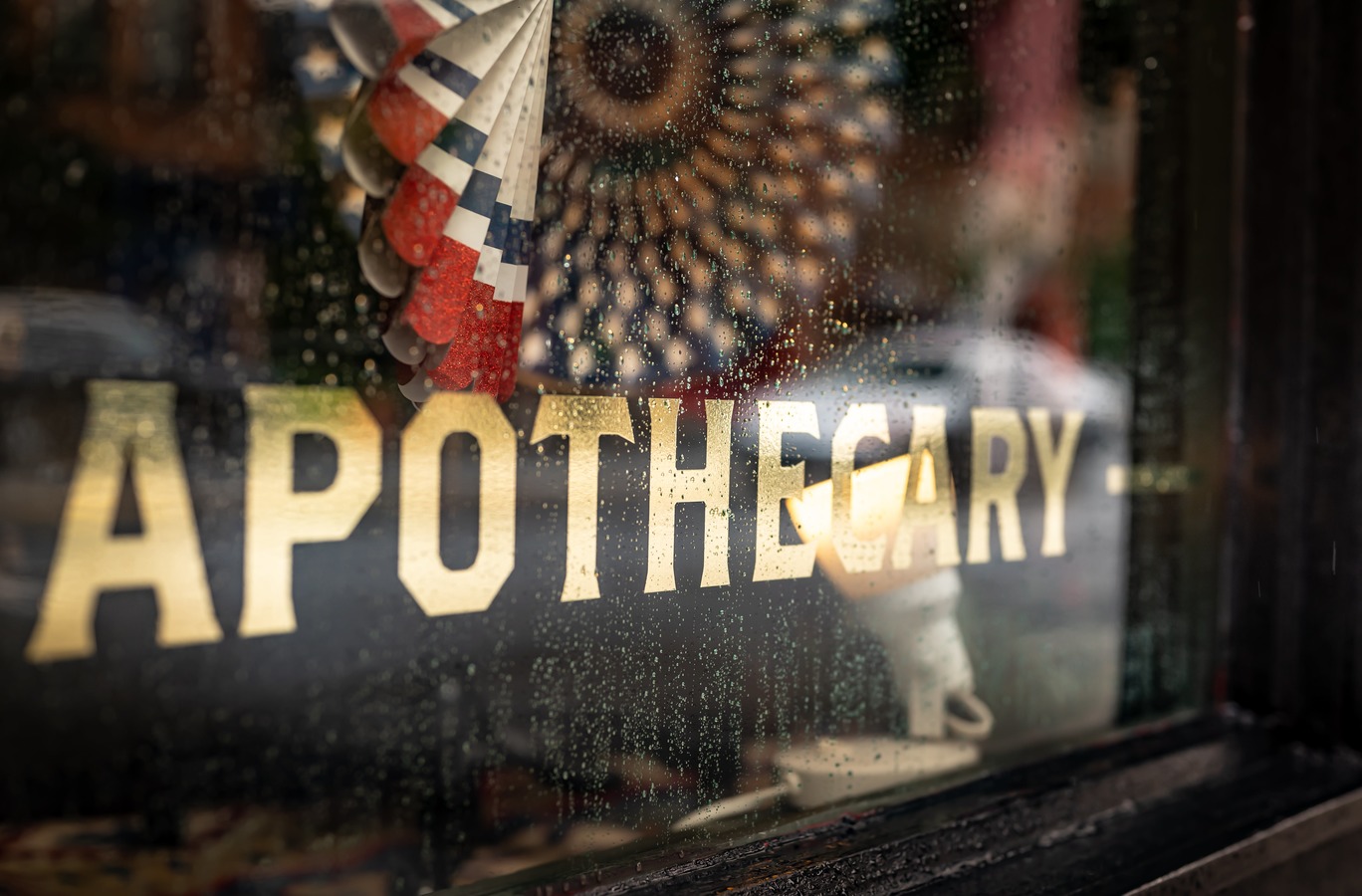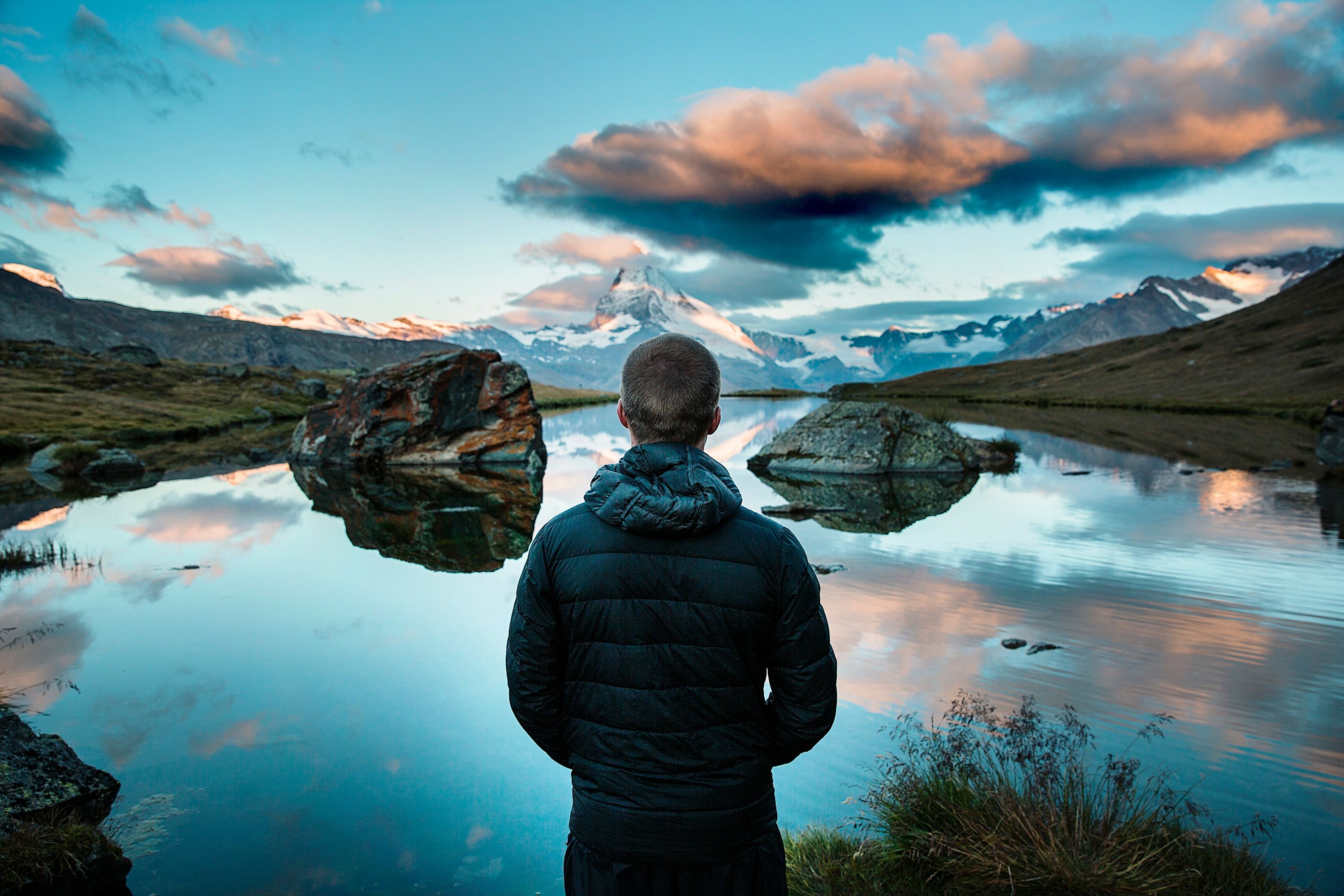Relationships are dead. Long live relationships. Part two of two.
Self / other: what we lose and gain in relationship
This is the second part of a short series on relationships. The first part explored the energies and activities within relationships and what relationships are. This part explores the idea of self and other, and how we can use both to illuminate our life and loves.
I’ve written here in more detail about newly single energy (NSE). It can be interesting to reflect upon the shifts that happen in the self when we are newly single and how this energy might be used to support better relationships with others.
People often move from one state to another: from partnered to single and back to partnered again. What can be helpful here is to really step beyond the binary of together / not together. Because it’s not just about falling in and out of love with the other, but about how we fall in and out of love with the self. We can only love others as much as we can love ourselves, and when we are less in love with the self, or when the self has become dimmed and diminished, then we often see our love for others fade or twist into something codependent or anxious or angry.
It’s not you, it’s me. This is a cliché that is said to be a kind falsehood, but it might actually be true. Many people describe affairs as a way of experiencing new or lost or set-aside parts of themselves. It can feel more possible to explore these new or recently rediscovered parts in a new connection (or even a new hobby or group or activity outside of the relationship) because there is less history, lighter enmeshment, and more space/time outside of the day to day. In many cases, within long-term relationships there is a sense of a lost self, some essence of self that feels lost.
And yet, need it be?
It can be good to ask and to notice: who are we in partnership? What tends to happen to our sense of self over time? Which parts do your friends see but not your partner(s)? Maybe you have stopped seeing foreign language films at the cinema, or going to the theatre or eating certain foods? Maybe your shared conversations have become dominated by practical, mundane issues as opposed to hobbies or interests?
For me, I know I tend to quiet myself down; there can be a sense of a spark being dimmed. I can recognise this as an old survival strategy from when my full self was not allowed. Also, time and again, I find that I fail to hold the boundaries needed and then I become frustrated. It’s often easier to blame the other rather than take responsibility for the ways in which we have let ourselves down.
It’s about seeing which parts of ourselves are hidden or unspoken or have become so over time.
There is no avoiding the pain of disappointment, hurt and the mismatch in feelings and needs. But maybe we can navigate that with kindness, curiosity and respect; perhaps, even, with grace?
It’s also, often, about time. What would you do with a month to yourself, a weekend? What did you do with your time when you were single? What feelings and activities need to be accommodated within your relationships?
It’s important to ensure you’re getting enough time to yourself and to be you – the you that was, after all, what was appealing to the other, however long ago. It’s important to notice which parts of yourself need bringing back to the fore.
Counter-intuitively, there is no better place to learn these things about the self than in relationship with another.
Partly, it’s about recognising that, before we make changes in our relationships, we first need to recalibrate the relationship with self. By being honest about with the self, we can, from there, be more honest with another.
It might be that we need to pull apart to gain perspective and some clearer sense of self in the now and then remake the connection in a new way. In the same way, we need to remake and shift our connection with our kids as they grow. What holds true for romantic relationships often holds true across all our relationships. Because how many of the issues we are dealing with and struggling with are unique to this connection, and how many are just a constant? There are, as a Zen proverb reminds us, always 83 problems.
Can we be our full self and be in relationship? This is what we need to be considering and aiming for.
New relationship energy
Seeing the other in a clear light
I’ve written in detail about new relationship energy (NRE) and how freshness imparts excitement, the unique optimism and newness from the new and shiny. So, how can we generate that in existing connections?
There are many people who find that the choice to be polyamorous or non-monogamous means that they get to experience NRE with others and then bring that energy back to their primary or other relationships.
Another way is by doing something I will call ‘cleaning our glasses’. We can take a mental and emotional step back and look at the person with whom we are in relationship without the accumulated weight of experience and exposure. This can involve some patience and creativity. Mostly it’s about being receptive to the clear reality of the person and relationship as opposed to our thoughts/ideas/opinions about them. Many relationships start to struggle under the accumulated weight of our thoughts about the person as opposed to how they truly are.
Some people have this experience when they see another interact with their beloved, see them flirted with or engaged with in a way that can peel back the layers of complacency and witness that person as others witness them.
Other ideas could be to re-read old diary entries or texts. To remember why you fell for them in the first place as well as to remind yourself how you texted before it was all about what’s for dinner and who is taking the cat to the vets.
Creating space
Intentional time within relationships
How much time do you give your relationships? How much time, actual physical, practical time, is spent intentionally and consciously considering the current and hoped-for state of your connections, across family, friendships, work, and romance?
I have written before about time and how it can be used as an easy marker for importance / value. This is a good thing to be aware of. The key with time is having enough of it to have fun and be present to the connection, as well as being able to take time to step back and see where things are at.
By creating space and time to check in about where our emotional energy is at, what activities we are sharing and where shifts might be needed, we can make sure that our relationships are meeting our needs as well as being flexible and responsive to changed, or changing, circumstances.
What can help here is knowing how we tend to deal with difficult feelings and maybe even trauma. Do you tend to tune out and scroll on your phone or watch TV? Do you tend to keep really busy and rush from task to task? This can often involve understanding our relationship with discomfort too. What can help here is tools like ‘Staying with Feelings’ zine or reading / books / video on the four ‘F’s. Here’s a piece I wrote that is a good starting point.
We often set the patterns for our relationships when we are in the NRE stage, and this can be wonderful but can also mean that any shift in intensity or amount of time can feel like a problem or a ‘step backward’. Time spent away or even a request for time can be met with fear or misunderstandings that this is ‘the beginning of the end’. This is linked to the idea of the ‘relationship escalator’ and the sense that relationships need to move through certain stages and then get to a fixed point and remain still there.
Keeping some space in our relationship from the beginning can mean that when more or less is needed, you can shift more easily. Thinking back to part one, it can help to consider the activities and types of energy you want to share, with whom and how often.
Seeing the self clearly
Space and time to recognise the self and its shifting needs and priorities
What is a common issue that comes up in relationships? For me, it is not speaking up. Not saying how I really feel or what I need often enough or clearly enough. Yes, compromise is important, but we need to be able to speak up and out clearly. And to LISTEN: to the self as well as the other.
We need to be able to shift and recalibrate within the relationship, like Jason and the Argonauts repairing the ship while at sea.
This article here at Mind Body Green illuminates the cycles that relationships can go through. It is a useful reminder that things tend to shift, and of the need to take pauses and to normalise a dynamic process of being together and then more separate, of spending time together but also digging into time and energy spent on the self. Balance and communication are key, as well as recognising that you will get off-kilter sometimes. There is no perfect schedule, there are no continuously perfectly aligned needs and feelings. We need to have the self-trust and flexibility, the softness, to be able to roll with the waves as well as take advantage of the current running in our direction.
Relational learning
How the other illuminates the self
The irony is that it is only in relationship that we really see and uncover the truth about the self. And this is in all relationships but particularly in romantic relationships, which tend to trigger and reflect the dynamics of our relationships with our families.
We can only resolve issues in the self in dialogue. We need a witness, a mirror. We need people around us who are willing to see and hear us fully. We also need to learn to let them. And, again, that can only happen by taking the risk of being fully ourselves in the relationships with the people who are important to us.
Zen wisdom and relationships
You are perfect as you are and there is room for improvement
What pulls all these ideas together is the concept of counter-intuition. Self / other, alone / together, with / without. What makes all our relationships ‘work’ is the ability to see and hold both sides of the picture, to be able to toss the coin and not mind which way it lands. It is about the ability to flow between different states as effortlessly as possible, recognising that without one we cannot have the other: without the ability to be alone we cannot be in partnership; without the ability to be in partnership we cannot be alone. That the self and the other must dance a mutual and reflecting dance together as well as apart.
When we can create and hold space for NRE and NSE in our ongoing connections, to fan the sparks, to generate the excitement and freshness from within rather than seeking it outside, then we are living and loving fully. When we can learn to see people afresh as opposed to taking them for granted, and learn to give the self the time and energy that maybe gets devoted elsewhere too often, then we are living and loving fully.
When we can learn to see how the self is illuminated and supported by the other and how space fosters closeness, then we are closer to the wisdom of all things.
Links and further reading
Article about relationship stages
https://nwmarriagecounseling.com/2020/05/ebb-and-flow/
Complex PTSD – Pete Walker
The Tao of Fully Feeling – Pete Walker
Love and Choice – Lucy Fry













